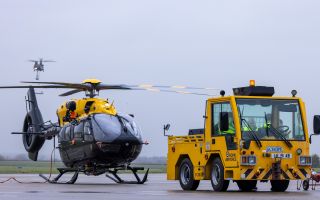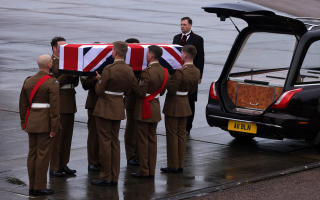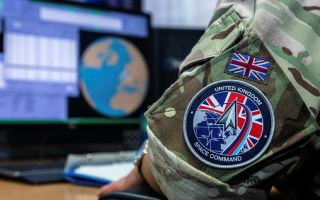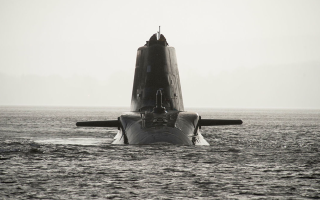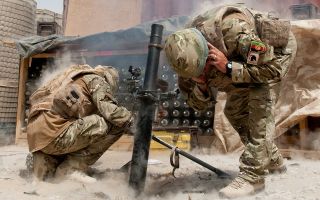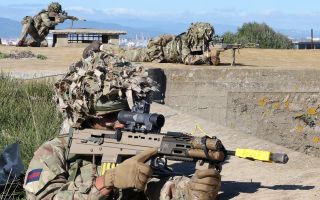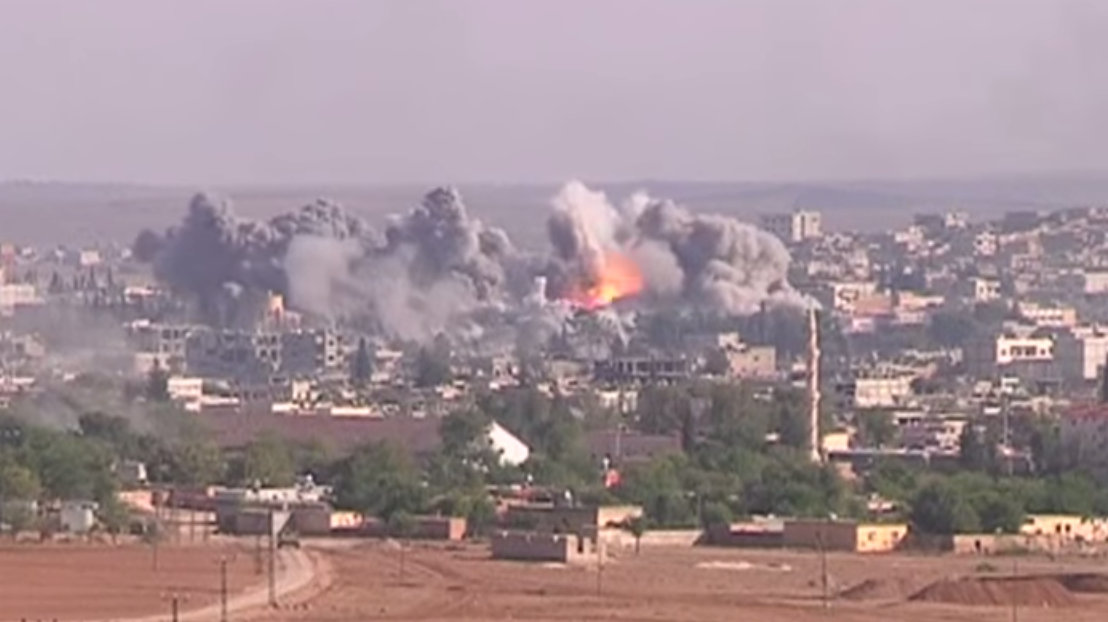
Tri-Service
Reports: US Willing To Risk More Civilian Casualties

The Pentagon has reportedly approved airstrikes against Daesh that will risk more civilian casualties.
The commander of the US-led coalition against the group in Syria and Iraq, Army Lieutenant General Sean MacFarland, has been delegated more authority to approve targets where civilians could potentially be killed, according to USA Today.
The decision would previously have to have been made by the higher headquarters of US Central Command, the newspaper writes, making it a more time-consuming process and meaning windows of opportunity could potentially be missed.
Retired three-star Air Force General David Deptula, who headed its intelligence and surveillance efforts, said:
"The gradualistic, painfully slow, incremental efforts of the current administration undercut the principals of modern warfare, and harken back to the approach followed by the Johnson administration."
The paper quotes six Pentagon officials, speaking anonymously because they weren't authorised to describe how Daesh targets are selected and attacked, describing a 'sliding scale' of likely civilian casualties decided by the value of the target and the location.
It added that, for example, an airstrike which could injure or kill several civilians would be allowed if it prevented Daesh militants from causing further harm, with several targeting areas now existing where 10 civilian casualties could be permitted.
The riskiest missions will require White House approval, according to an official.
The officials stressed, however, that the emphasis on not killing innocents remains in place, with measures such as night attacks, when buildings are less likely to be occupied, still common.
Similarly, bombs can be selected that are less likely to cause collateral damage, or laser-guided bombs even directed away from targets if civilians come too close to a target.
Military lawyers, meanwhile, are said to oversee operations to ensure the laws of war are followed.
The more aggressive approach comes as the US places a renewed focus on recapturing the Iraqi city of Ramadi, Iraq, as well as its efforts to put Raqqa, Syria, under pressure - the capital of Daesh's self-proclaimed state.

A US Marine on a recent training mission near Ramadi
It's also been reflected in bombing statistics released by the Pentagon. Coalition pilots dropped 3,227 bombs on Iraq and Syria in November, a record number for a single month and more than double the number used in November 2014.
The US military has acknowledged killing or wounding 26 civilians by accident, but officials say more may have died, with over 40,000 bombs dropped since the war began and nearly 6,000 buildings destroyed.
Civilian deaths caused by Iraqi military operations, which take place alongside the American-led bombing effort, are not counted, meanwhile.
White House Press Secretary Josh Earnest, meanwhile, says President Obama's administration is still working on a promised report on civilian casualties, but added:
"[The President is] justifiably proud of the great lengths we’ve gone to avoid civilian casualties — certainly greater lengths than our adversaries in this conflict."
Targets that could result in civilian casualties include workers on oil rigs or in banks, with the coalition also focussing on hitting Daesh sources of income.
Aircraft have been known, however, to use measures like the dropping of leaflets to warn oil tanker drivers to flee their vehicles before they're blown up.
Targeters also spend hours looking at video from reconnaissance aircraft to determine when civilians are least likely to be near to potential bomb sites - the 'pattern of life' surrounding them - a task portrayed on the big screen in recent box office release Eye in the Sky.
Daesh, however, are said to have made matters more complicated by flying black flags over residential buildings, hoping that subsequent airstrikes will kill civilians so that the coalition can be blamed.
But whether you agree or disagree with the decision to risk more civilian casualties, it certainly seem to mark an upping of the ante by the US in the war against Daesh.
If you'd like to let us know your thoughts, just comment below on our social media pages.

